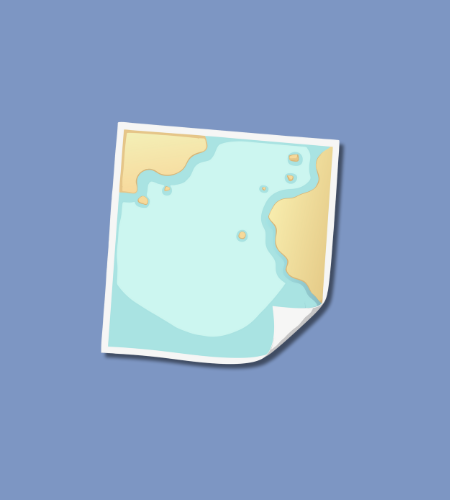Every year on June 21, we observe World Hydrography Day, a global initiative aimed at raising awareness about the critical role hydrography plays in ensuring safe navigation, supporting marine activities, and promoting sustainable use of our oceans. Established by the International Hydrographic Organization (IHO) in 2005, this day coincides with the anniversary of the IHO’s founding in 1921. It serves as an opportunity to highlight the importance of hydrographic data in various aspects of maritime affairs.
History of World Hydrography Day
The roots of World Hydrography Day trace back to the establishment of the International Hydrographic Bureau in 1921, which later became the International Hydrographic Organization (IHO). The IHO was formed to facilitate coordination among nations in matters related to hydrography and nautical charting. Recognizing the growing importance of hydrography, the IHO proposed the idea of World Hydrography Day, which was officially adopted by the United Nations General Assembly in 2005 through Resolution A/RES/60/30. The first celebration took place in 2006, marking a significant step in promoting global awareness of hydrography’s role in maritime safety and environmental protection. 1
Since its inception, World Hydrography Day has been observed annually on June 21, aligning with the IHO’s founding date. Each year, the IHO selects a specific theme to focus on, addressing current challenges and advancements in the field. These themes have ranged from the importance of hydrographic data in disaster management to its role in supporting the blue economy. The day is marked by various activities worldwide, including seminars, workshops, exhibitions, and public lectures, all aimed at highlighting the significance of hydrography in our daily lives.
Why is World Hydrography Day important?
Hydrography, the science of measuring and describing the physical features of oceans, seas, coastal areas, lakes, and rivers, is fundamental to safe navigation and maritime operations. Accurate hydrographic data enables the production of nautical charts, which are essential tools for mariners to navigate safely, avoid hazards, and protect marine environments. Without reliable hydrographic information, the risk of maritime accidents increases, potentially leading to environmental disasters and loss of life.
Beyond navigation, hydrography plays a vital role in various sectors, including coastal zone management, marine resource exploration, environmental monitoring, and disaster risk reduction. For instance, hydrographic surveys provide critical data for constructing offshore structures, managing fisheries, and responding to natural disasters like tsunamis and hurricanes. By understanding the seafloor’s topography and oceanographic conditions, policymakers and stakeholders can make informed decisions to promote sustainable development and protect marine ecosystems.
- Enhances maritime safety by providing accurate navigational charts
- Supports sustainable management of marine resources
- Aids in disaster preparedness and response efforts
- Facilitates environmental protection and conservation initiatives
- Contributes to economic development through maritime trade and infrastructure planning
How to Observe World Hydrography Day
Observing World Hydrography Day can be both educational and engaging. One way to participate is by attending events organized by maritime institutions, such as seminars, workshops, or exhibitions that showcase the latest advancements in hydrographic technology and research. These events often feature presentations by experts, interactive demonstrations, and opportunities to learn about career paths in hydrography.
For those unable to attend in-person events, exploring online resources provided by organizations like the IHO and national hydrographic offices can be informative. These platforms offer educational materials, videos, and articles that delve into the importance of hydrography and its applications. Sharing this knowledge on social media using hashtags like #WorldHydrographyDay can help raise awareness and inspire others to appreciate the significance of hydrography in our world.
- Attend local or virtual events focused on hydrography and maritime safety
- Explore educational resources provided by hydrographic organizations
- Share information about hydrography on social media platforms
- Encourage discussions about the importance of marine data in schools and communities
- Support initiatives aimed at promoting ocean literacy and sustainable maritime practices
World Hydrography Day Dates Table
| Year | Date | Day |
|---|---|---|
| 2025 | June 21 | Saturday |
| 2026 | June 21 | Sunday |
| 2027 | June 21 | Monday |
| 2028 | June 21 | Wednesday |
| 2029 | June 21 | Thursday |
Subscribe to our newsletter and never miss a holiday again!

